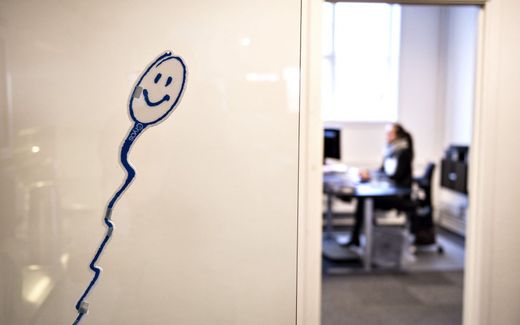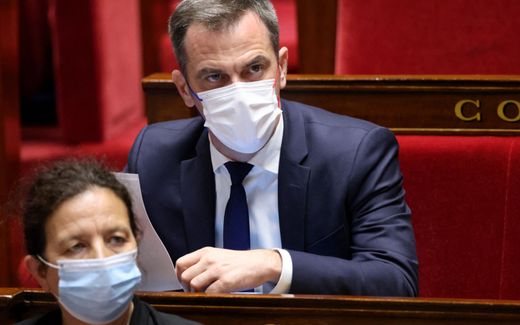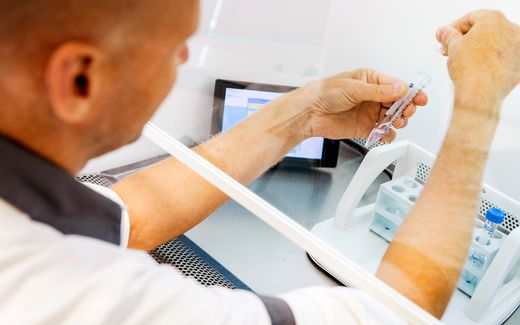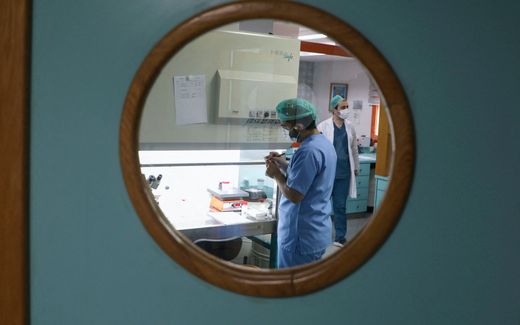From September onward, French sperm donor is no longer anonymous
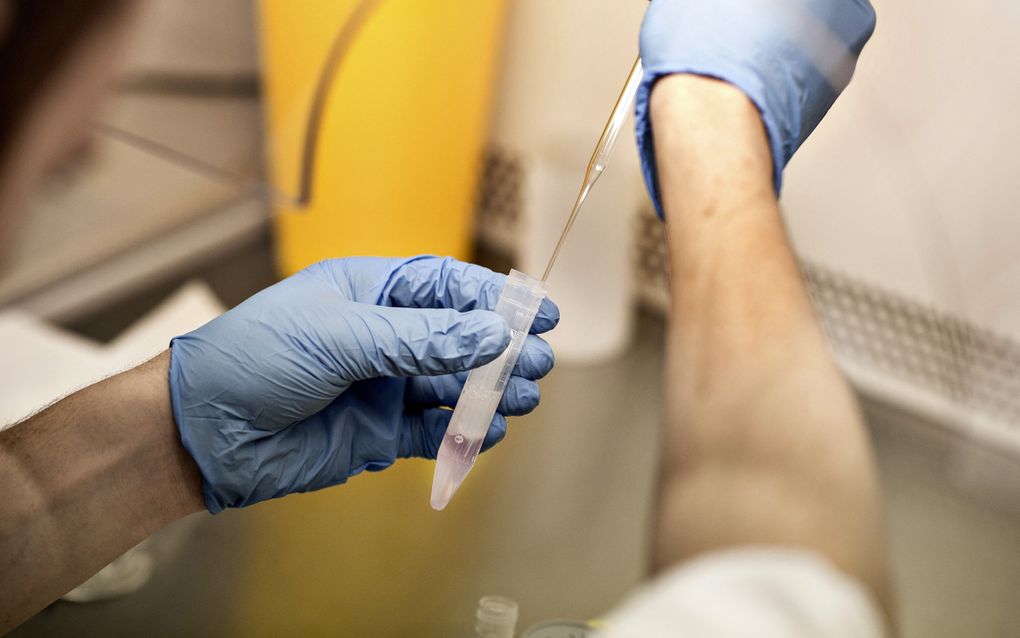
Photo AFP, Henning Bagger
Western Europe
As of September 1st, the French sperm donor will no longer be anonymous. His children can request access to this information when they come of age.
One year after the new bioethics law opened medically assisted reproduction to lesbian couples and single women, another law entry came into force. As of September, sperm donors will have to consent to the disclosure of information, like name, date of birth, age and number of children. If they refuse, their donation will not be accepted, writes French daily Le Monde.
The rules only apply in official clinics. The donor can still offer himself in the private sphere.
This new regulation makes it possible for a donor child to access this information when he turns 18. He will have to send a request to a commission created for this. That commission will also start working on September 1st. They will respond to the requests of adults born of donations subject to the strict regime of anonymity that has prevailed until now.
Growth
The new rule comes amid strong growth in assisted reproduction requests from third-party donors. “The authorities and medical experts expected that there would be a lot of requests, but not to this extent”, explains journalist Alexandre Hébert at the news website France Info. Where the government expected 2000 to 3000 new requests, in the first half of 2022, there were over 11,000 files submitted for consultation.
In 2019, clinicians said France would risk a shortage of frozen sperm if lawmakers approved legislation that would abolish donor anonymity and allow single women and lesbian couples access to in-vitro fertilisation. “To say ‘everything is going to be ok’ would be burying your head in the sand,” Nathalie Rives, president of France’s network of public sperm banks (CECOS), told Reuters in 2019. “There will be a period of instability, with increased demand and the need to recruit new donors. We don’t know how long this instability will last and whether there will be a shortage.”
Professor Rachel Levy, who runs the CECOS center at the Tenon Hospital in Paris, said in 2019 that donor anonymity would remain in place for 13 months after the new bioethics law had come into effect in an effort to help sperm banks build up stocks. That second phase has now begun.
Anonymous
In Europe, regulations around the anonymity of sperm donors differ. In most countries, anonymous donation has been forbidden. However, in several countries, including Italy, Spain and the Czech Republic, anonymity is still possible. There are several reasons for countries to favour donor anonymity, as a PowerPoint presentation from the Council of Europe shows. For example, donating sperm anonymously would “remove any moral ambiguity from sperm donation likened to adultery” and would make it easier to attract sperm donors.
Related Articles


